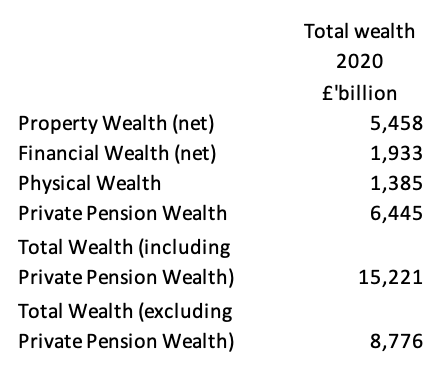
Introduction to Wealth Tax
As the debate over economic inequality intensifies, wealth tax has emerged as a significant topic among policymakers worldwide. A wealth tax is a levy that targets the net worth of individuals, aiming to redistribute wealth and curb the disparity between the rich and the poor. Countries such as Spain and Norway have implemented variations of this tax, prompting discussions on its potential benefits and drawbacks.
Current Developments and Proposals
In recent months, discussions surrounding wealth taxes have gained momentum, particularly in the United Kingdom. Several political leaders and economic analysts have endorsed the idea as a means to finance public services and reduce the burden on lower-income earners. The Labour Party’s recent proposal to introduce a wealth tax has reignited debates that previously simmered during the pandemic. They suggested a 1% tax on wealth over £1 million, which could yield substantial revenue for the government.
Similarly, in the United States, the Biden administration has floated the idea of a tax on billionaires, echoing sentiments from progressive factions advocating for a wealth tax to address the growing economic divide exacerbated by the COVID-19 pandemic. Massachusetts senator Elizabeth Warren has championed the ‘Ultra-Millionaire Tax,’ aiming to tax households worth over $50 million.
The Arguments For and Against
Proponents argue that a wealth tax can enhance social equity by redistributing wealth and funding essential services such as education and healthcare. Supporters also point out that it can encourage the wealthy to invest within their communities rather than hoarding assets, thus stimulating economic growth.
However, critics warn that implementing such a tax could lead to capital flight, where wealthy individuals relocate to countries with more favourable tax regimes. They also raise concerns regarding the valuation of assets, which can be subjective and complex, potentially resulting in administrative difficulties. Furthermore, critics argue that taxing wealth rather than income could disincentivise savings and investment.
Conclusion: A Step Forward or Backward?
The discussion surrounding wealth tax continues to invoke varied opinions across the political spectrum, revealing a society grappling with issues of fairness and economic justice. Whether wealth tax will play a role in shaping the future of economic policy remains to be seen. As more countries examine the potential of this tax, it is essential for governments to consider the broader implications on both their economies and social fabric. The conversations initiated today could lead to significant changes in wealth distribution practices, ultimately influencing the lives of millions.
You may also like

Understanding Tax: Its Importance and Recent Changes


Current Status of the Bank of England Base Rate
SEARCH
LAST NEWS
- Remembering Wendy Richard: The Promise to Co-Star Natalie Cassidy
- How Did Anglian Water Achieve an ‘Essentials’ Rating for Mental Health Accessibility?
- Shai Hope Leads West Indies in T20 World Cup Clash Against South Africa
- What We Know About Weston McKennie: Future at Juventus and Past at Leeds
- What We Know About the Upcoming Live Nation Antitrust Trial